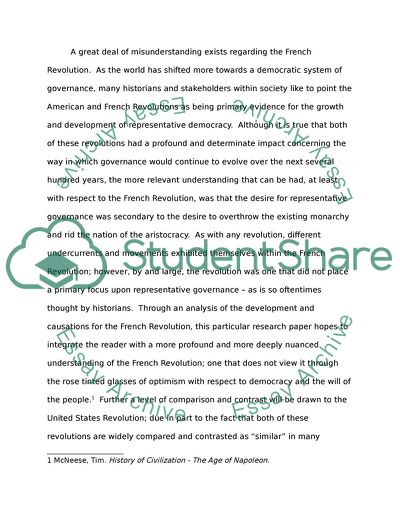Cite this document
(Transitional Justice in the Age of the French Revolution Essay Example | Topics and Well Written Essays - 2250 words, n.d.)
Transitional Justice in the Age of the French Revolution Essay Example | Topics and Well Written Essays - 2250 words. https://studentshare.org/history/1815280-research-essay-2000-2500-words
Transitional Justice in the Age of the French Revolution Essay Example | Topics and Well Written Essays - 2250 words. https://studentshare.org/history/1815280-research-essay-2000-2500-words
(Transitional Justice in the Age of the French Revolution Essay Example | Topics and Well Written Essays - 2250 Words)
Transitional Justice in the Age of the French Revolution Essay Example | Topics and Well Written Essays - 2250 Words. https://studentshare.org/history/1815280-research-essay-2000-2500-words.
Transitional Justice in the Age of the French Revolution Essay Example | Topics and Well Written Essays - 2250 Words. https://studentshare.org/history/1815280-research-essay-2000-2500-words.
“Transitional Justice in the Age of the French Revolution Essay Example | Topics and Well Written Essays - 2250 Words”. https://studentshare.org/history/1815280-research-essay-2000-2500-words.


